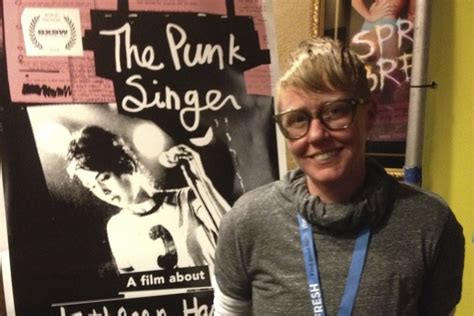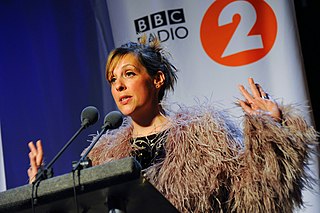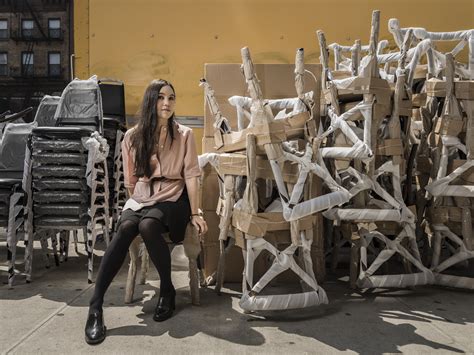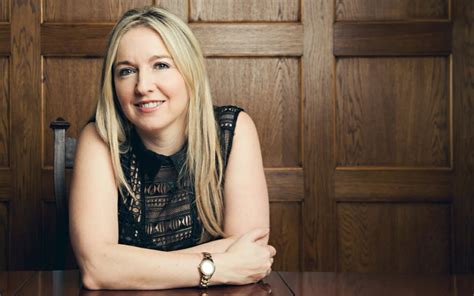A Quote by Phoebe Waller-Bridge
What's so useful about the British culture of politeness is the level of passive aggression is really fun to write.
Quote Topics
Related Quotes
Fame is fun, money is useful, celebrity can be exciting, but finally life is about optimal well-being and how we achieve that in dominator culture, in a greedy culture, in a culture that uses so much of the world’s resources. How do men and women, boys and girls, live lives of compassion, justice and love? And I think that’s the visionary challenge for feminism and all other progressive movements for social change.
I don't write about love because it makes for easy, passive heroes. I write about how love makes my characters more autonomous, more self-possessed, more opinionated and powerful. I write about characters who pursue relationships that make them the people they want to become. I write about love as a superpower.
When I was a kid, I'd go to the African-American section in the bookstore, and I'd try and find African-American people I hadn't read before. So in that sense the category was useful to me. But it's not useful to me as I write. I don't sit down to write an African-American zombie story or an African-American story about elevators. I'm writing a story about elevators which happens to talk about race in different ways. Or I'm writing a zombie novel which doesn't have that much to do with being black in America. That novel is really about survival.
I remember I was really into this British band, The Vapors, with that song "Turning Japanese." I thought that they were really next level genius cryptic weirdos. And then I realized when I got older they are just using a lot of British words, and I didn't know what they meant. But I thought, Oh, they are making up their own language.




































